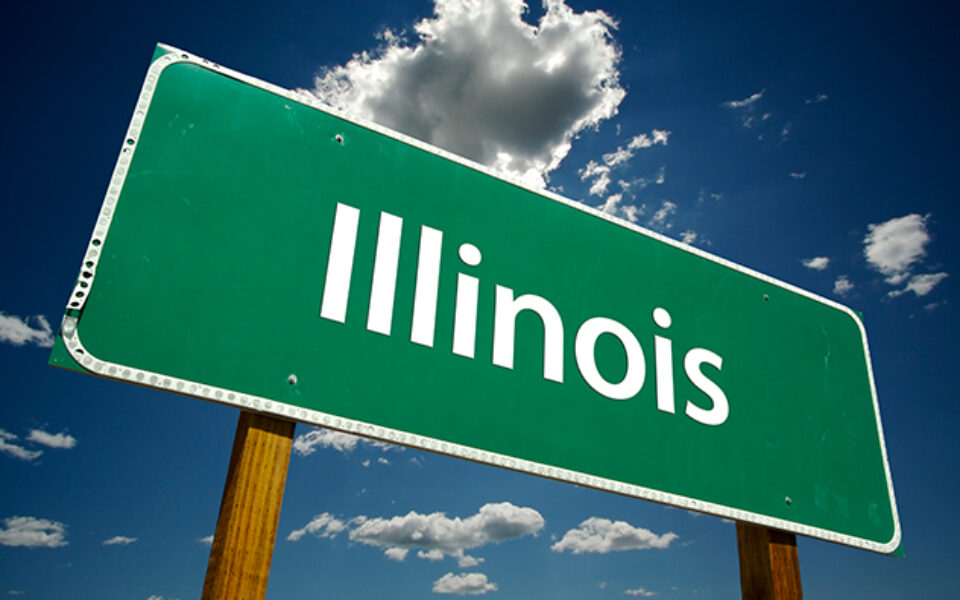State of Illinois Passes Tax Rate Increases to Curtail Growing Insolvency
Facing the unprecedented threat of a junk bond status credit rating, billions of dollars of unpaid bills, and mounting fiscal pressure on the State’s institutions and programs, on July 4, 2017, the Illinois Legislature voted to override the veto of Governor Bruce Rauner in order to pass the state’s first budget since 2015. Central to the legislation are tax rate increases for individuals and businesses.
Included in the increases are the following:
- The corporate income tax increases from 5.25% to 7.0%, effective July 1, 2017.
- The individual income tax rate increases from 3.75% to 4.95%, effective July 1, 2017.
- The Research & Development Credit, which expired January 1, 2016, is reinstated and extended through 2021.
- Effective for tax years ending on or after December 31, 2017, the federal domestic production deduction (IRC Section 199) is eliminated as a deduction for Illinois income tax purposes.
- For individual taxpayers, the 5% Illinois tax credit for residential real property taxes paid on a principal residence will not be available for taxpayers with adjusted gross income in excess of $500,000 for jointly filing spouses, or $250,000 for all other taxpayers, effective January 1, 2017.
As recently as 2014, the Illinois individual income tax rate was 5%, and the corporate income tax rate was 7%. Effective July 1, 2017, corporations will be subject to a total income tax rate of 9.5% (with the inclusion of 2.5% personal property replacement tax). The new Illinois corporate tax rate is among the highest in the country, whereas the individual income tax rate of 4.95% remains modest when compared to the highest marginal rates of states such as New Jersey, New York, and California, which range from approximately 8% to 12%.
Because the tax rate increases are effective July 1, 2017, taxpayers will have two tax rates to apply to their 2017 Illinois taxable income. The revised Illinois tax law provides for the following implementation options:
- Taxpayers can apportion their income between different tax rate periods using a simple days of the year method. This method assumes income is earned equally throughout the year; or
- They can elect the specific accounting method to assign taxable net income earned to the appropriate tax rate period.
Illinois residents will have some relief in knowing that the Legislature has responded on a bi-partisan basis to address the urgent fiscal challenges facing the State, though Illinois’ budget crisis is far from over. Credit rating agencies are still evaluating the State’s credit status in light of continuing budget deficits, despite the recent revenue increases. On the bright side, the budget should bring short-term relief for social services, public institutions, and healthcare providers who serve patients supported by Illinois Medicaid funding.




















